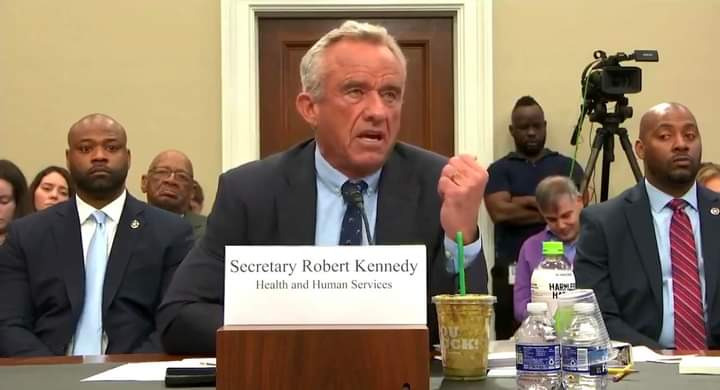Recent reports indicate that Robert F. Kennedy Jr., an independent presidential candidate, is evaluating a proposal that could significantly reshape the way food assistance is provided in the United States. According to sources close to his campaign, Kennedy is exploring the idea of eliminating sugary beverages and candy from items that can be purchased with food stamps. If implemented, this move would represent one of the most notable changes to the Supplemental Nutrition Assistance Program (SNAP) in recent years.
The rationale behind this proposed change centers on public health and nutrition. With rising rates of obesity, type 2 diabetes, and other diet-related illnesses in the country, Kennedy’s team reportedly believes that restricting the purchase of non-nutritious items could help improve the overall health of SNAP recipients. Sugary sodas and candy, while popular, have long been linked to chronic health issues, particularly among low-income communities that rely on food assistance programs to meet their daily needs.
This potential policy shift is drawing both support and criticism. Advocates for healthier diets argue that government-funded food assistance should prioritize nutritious choices, ensuring that taxpayer dollars are used to support well-being rather than contribute to preventable health conditions. On the other hand, critics warn that such a restriction may come across as overly paternalistic or stigmatizing, implying that those receiving assistance aren’t capable of making their own dietary decisions. The debate reflects a broader national conversation about health equity, food justice, and the appropriate role of government in influencing personal choices.
While Kennedy’s campaign has not yet officially confirmed the policy, the conversation is gaining traction as a potential campaign issue. If pursued further, it could align with his broader platform focused on environmental health, medical freedom, and reforming government systems. The idea of reshaping SNAP to align more closely with nutritional goals may appeal to voters who are concerned about the state of public health and the long-term costs of diet-related diseases.
As this story continues to unfold, it remains to be seen how the public and policymakers will react to the proposed changes. One thing is clear: the discussion around food stamps and health is far from over, and any attempt to modify the SNAP program will need to navigate a complex web of social, political, and ethical considerations. Whether this proposal gains traction or not, it highlights the ongoing challenges of balancing public health goals with personal freedom and social support systems.



